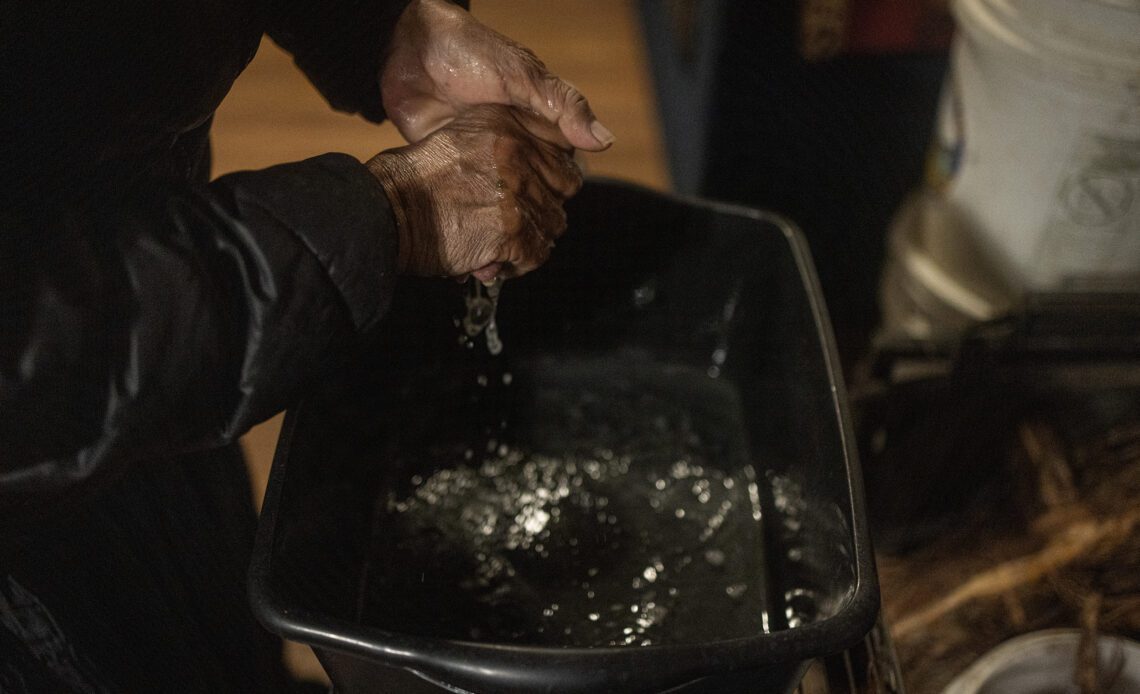The tribe’s lawsuit alleged that the federal government had breached its duty “to address the extent to which the Navajo Nation needs water from the Colorado River to make its Arizona lands productive.”
Arizona-based U.S. District Court Judge Murray Snow in 2019 rejected the claim, saying the tribe had not shown that any duty of trust had been violated. He also raised questions about whether a ruling for the tribe would infringe on the Supreme Court’s findings in the long-running Arizona v. California litigation.
The San Francisco-based 9th U.S. Circuit Court of Appeals in April 2021 revived the tribe’s lawsuit, concluding that the tribe was not seeking direct access to waters of the Colorado River and the lawsuit therefore did not implicate the various Arizona v. California decisions.
“The Nation’s claim, properly understood, is an action for breach of trust — not a claim seeking judicial quantification of its water rights,” the court concluded. The appeals court went on to find that that the tribe could pursue its breach of trust claim.
The federal government and states then appealed to the Supreme Court, which agreed in November to take up the case.
‘Cloud of uncertainty’
Solicitor General Elizabeth Prelogar, representing the federal government, argues in court papers that the tribe has failed to point to any duty of trust that the federal government has to the tribe when it comes to providing access to water from a specific source.
“The United States has a general trust relationship with Indian tribes. But the existence of that general relationship does not itself establish any judicially enforceable duties against the United States,” she wrote.
She said that if the Supreme Court were to rule in favor of the tribe, it would force the government to violate a 1964 decision that was part of the Arizona v. California litigation. That ruling limited the circumstances in which the federal government could divert water from the Lower Colorado River.
Federal officials declined to comment on the litigation.
States involved in the case — Colorado, Arizona and Nevada — also reject the tribe’s arguments. Colorado’s lawyers said in that state’s brief that a ruling for the tribe would cause “immediate and long-term disruptions to the coordinated management of the Colorado River.”
States point out they are already implementing a 2007 agreement on water shortages as well as a drought contingency plan adopted in 2019.
The states, the…
Click Here to Read the Full Original Article at NBC News Top Stories…

